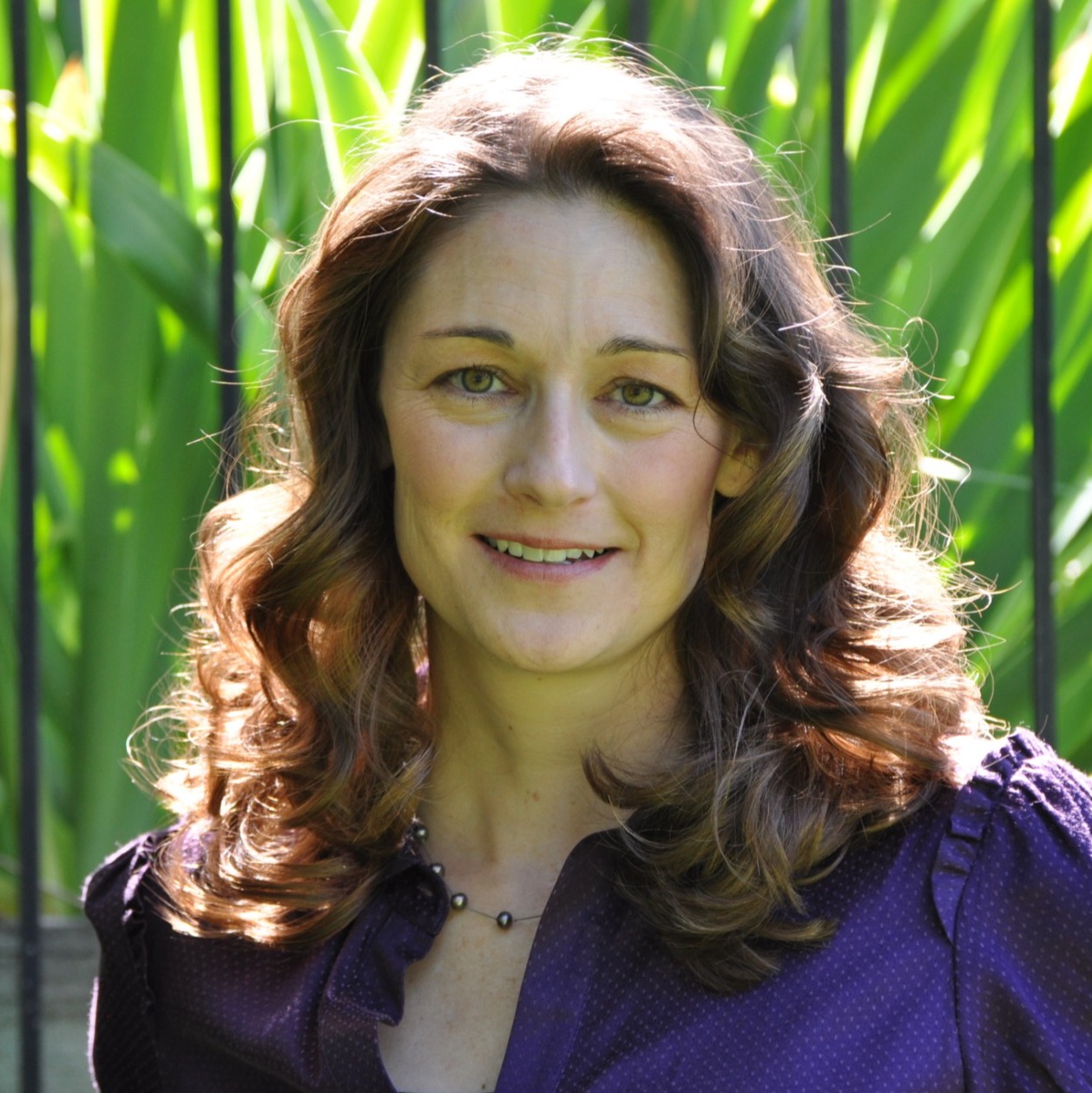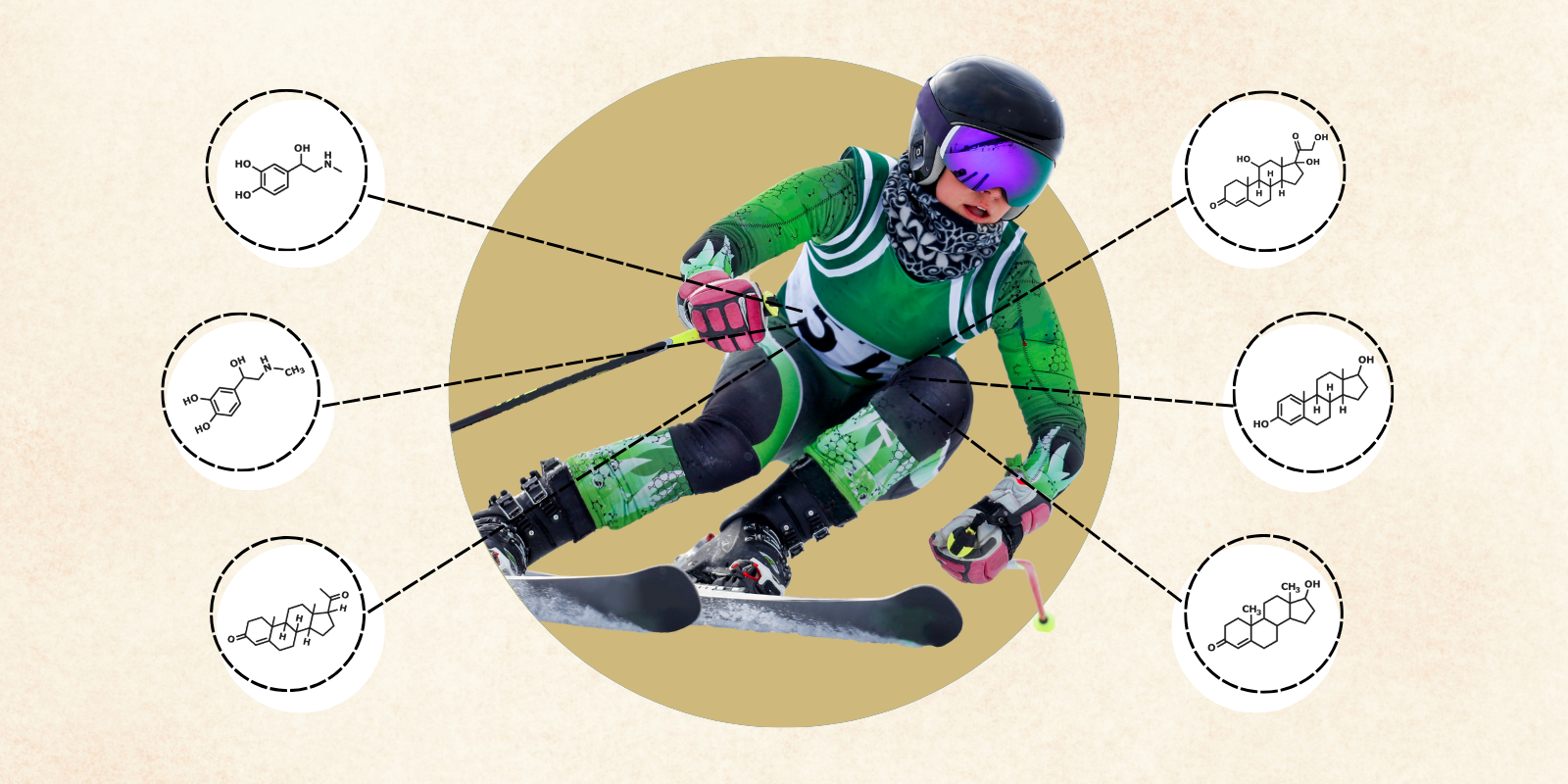The head of the University of Colorado Division of Geriatric Medicine, Cari Levy, MD, PhD, has been selected to join the National Advisory Council for the Agency for Healthcare Research and Quality (AHRQ), one of twelve agencies within the United States Department of Health and Human Services (HHS).
Levy is among eight new members to the 20-person council, which provides advice to the agency’s director and the secretary of HHS on priorities for a national health services research agenda.
“The Agency for Healthcare Research and Quality (AHRQ) is dedicated to generating evidence to improve areas of care delivery that matter to older adults,” says Levy, who also serves as the director of the Multidisciplinary Center on Aging. “In my work on this council, I will continually voice the needs of those who live, work, and play in post-acute and long-term care settings.”
Members of the national advisory council, who serve three-year terms, raise questions they feel AHRQ’s research should address to promote improvements in the quality, outcomes, and cost-effectiveness of clinical practice, according to AHRQ.
“We help identify priorities and guide the work of the agency. We focus on initiatives that are designed to improve the way that health care is delivered,” Levy says. “We’re really trying to think about what matters to patients.”
Joining the council
Levy has long admired the work of AHRQ, as she has done projects with the agency and received funding from it over the years.
She learned that AHRQ was interested in adding a national advisory council member who has expertise in older adult health care through her work with AMDA – The Society for Post-Acute and Long-Term Care Medicine. When she was asked if she was interested in applying, she jumped at the opportunity.
“I love diving deep into the work of organizations and learning how to advocate at a national level, make a difference, and mentor my mentees to do similar work,” she says. “It's just a fantastic opportunity.”
Nine months after applying, Levy was excited to learn she had been selected to join the council.
“There were hundreds of applications, so I felt very lucky to be selected,” she says. “I hope I can serve as a voice for post-acute, long-term care medicine, because it's often not part of the conversation.”
Applying her expertise to benefit patients
Bettering care for older adults is a personal mission for Levy, who remembers seeing her great grandmother have a bleak, disappointing experience at a nursing home.
“I have this memory of going to visit her and thinking, ‘This is unacceptable,’” she says. “And so, nursing homes have always been in my thoughts. I wondered: How can we have better models of care for aging folks?”
With a passion to help others, Levy graduated from the CU School of Medicine, completed her residency at Vanderbilt University, and returned to CU to do a geriatric fellowship and later become a faculty member. Through getting involved in nursing home research, she found a passion for health services research and got her PhD in clinical sciences in 2010. Today, her research focuses on improving models of long-term care and palliative care delivery to frail older adults.
Throughout her career, Levy has seen geriatric medicine evolve from an underserved subspecialty to a burgeoning field.
“We are entering a new era of respect for aging research and technology, adopting the model of integration and not isolation,” she says. “Lots of thoughtful people are trying to do this better than we have in the past. This is an exciting, transformative time in the aging space.”
Levy’s experience helps her bring a unique perspective to AHRQ’s national advisory council, as she is always considering how the council’s work may involve or impact older adults.
“The idea is that we're helping set priorities in what needs to be changed in terms of health services and health care research. My hope is to keep folks focused on older adults and how we can be serving them well,” she says. “Older adults thread through everything that we’re doing, so how could we not include them?”
Research on post-acute and long-term care is needed because population projections show that by 2030, one in five U.S. residents will be 65 years old and older.
“There are loads of opportunities in the aging space and so many fascinating models of care that are available to us,” Levy says.
 Cari Levy, MD, PhD, wearing a shirt that says, "Aging, so cool everyone is doing it." Photo courtesy of Levy.
Cari Levy, MD, PhD, wearing a shirt that says, "Aging, so cool everyone is doing it." Photo courtesy of Levy.
One example of a newer model of care is an adult medical foster care program through Veterans Affairs (VA), where an older adult will move into a non-family caregiver’s home to receive care.
“I’ve been in the VA for a long time, and this is one of many models the VA has made available,” Levy says. “I bring the lens of knowing about these different, less traditional opportunities.”
As a member of the council, Levy also hopes to address the fact that data is often collected from people who are healthy enough to travel to a study center, leaving out many patients who are too sick to travel but for whom data are needed to guide clinical care.
“We really need evidence-based data for the actual people we're caring for,” she says. “I want us to realize impactful research can be done in pragmatic studies that study people where they live, play, and work. This is the kind of data that will help us understand how things really work in messy, complex environments.”
In the next three years on the council, Levy says she looks forward to the opportunities for collaboration and learning, ultimately aiming to do work that benefits all patients — both current older adults and people who will eventually age into older adulthood.
“We’re going to be seeing changes that will be exciting and give folks a lot of hope,” she says. “There’s a bright future for engaged, healthy aging.”




